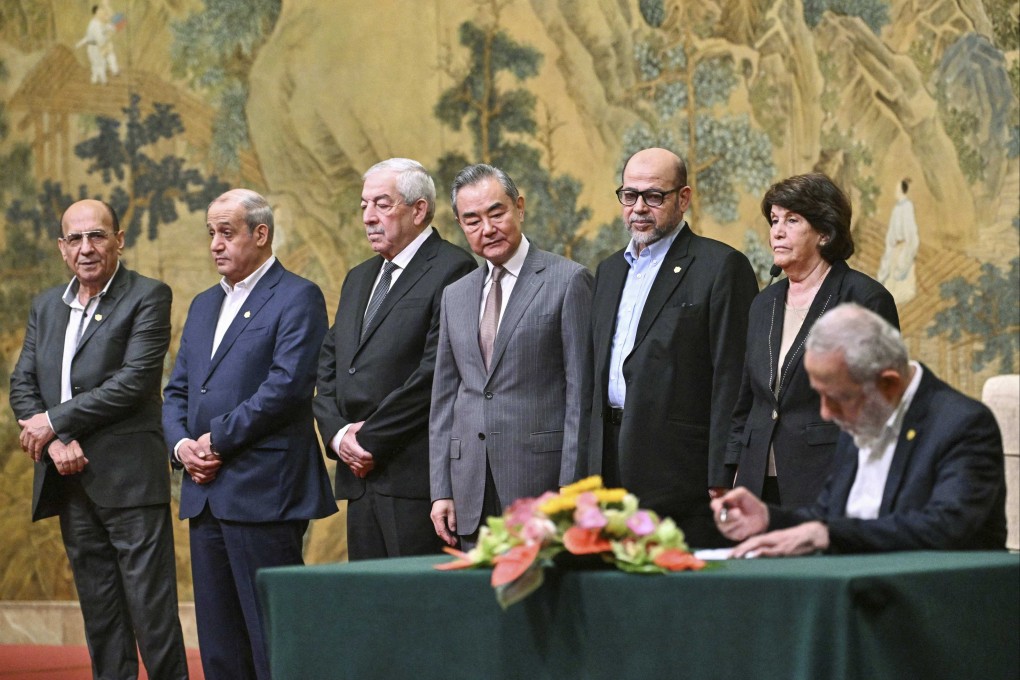Opinion | Like the US before World War I, China is staying above the fray
- China is geared towards creating more opportunities for its own peaceful development, rather than obsessing over global hegemony

A rising power attempts to uphold the international order of free trade amid resistance from various forces. It insists on resolving major conflict through negotiation and does not choose to directly intervene. At the same time, this rising power focuses on advancing domestic reforms, leveraging its comparative advantages and exporting its industrial goods to different camps.
This rising power was the United States in 1914-1917, before it abandoned its neutrality and entered the first world war on the side of the Allied powers – but the description also applies to China in 2022-2024. The US at the time pursued isolationism under immense pressure and ultimately reaped substantial benefits.
But will these events really prompt China to play a bigger role in the Middle East, even directly intervene in the region’s affairs? The answer should be no.
_0.jpg?itok=ugXrqYIy&v=1722578867)